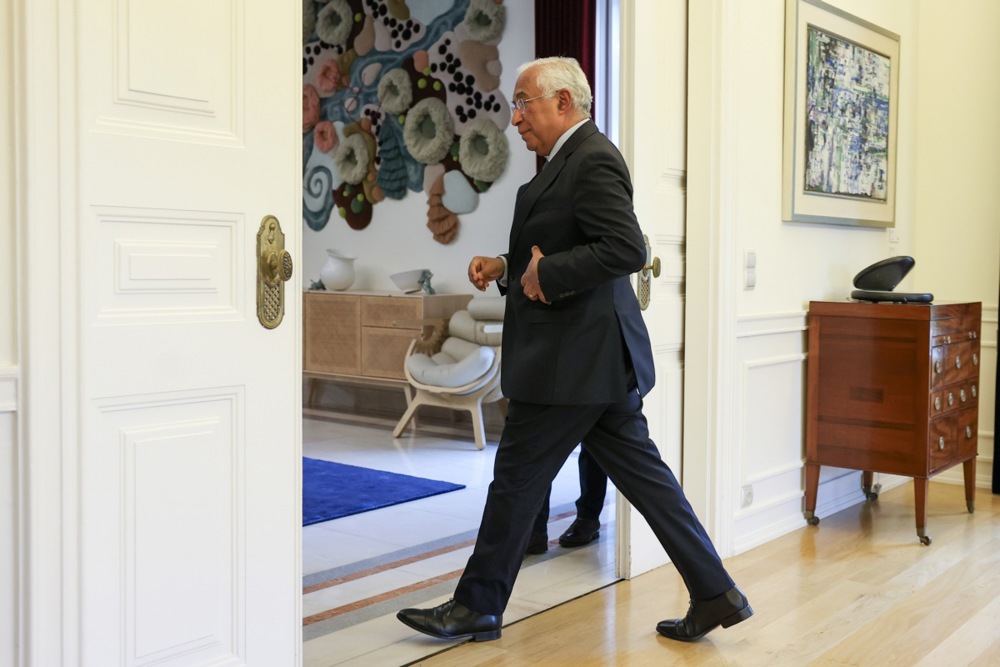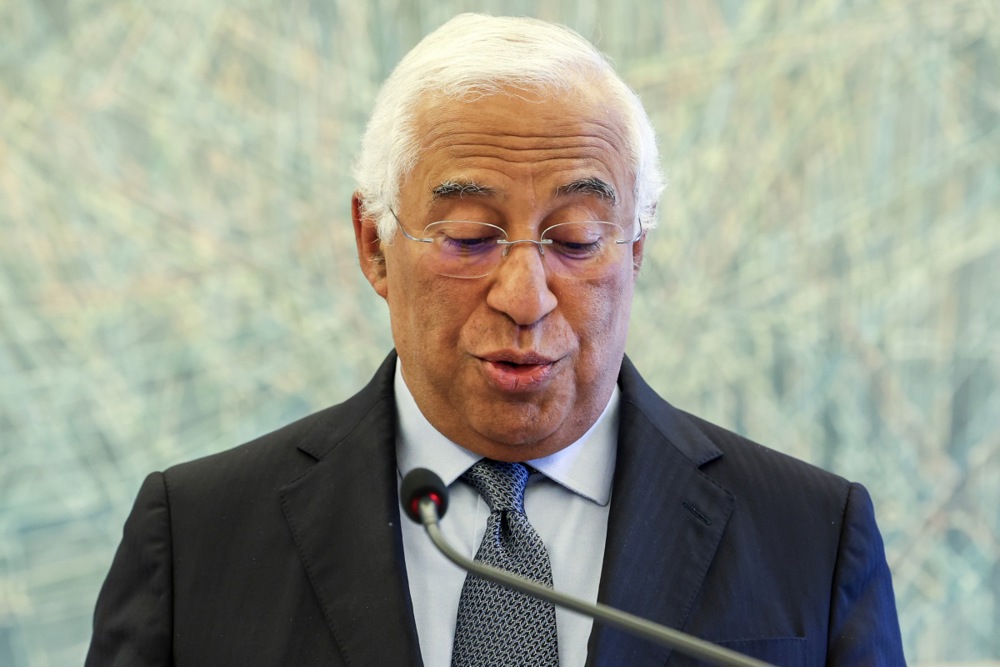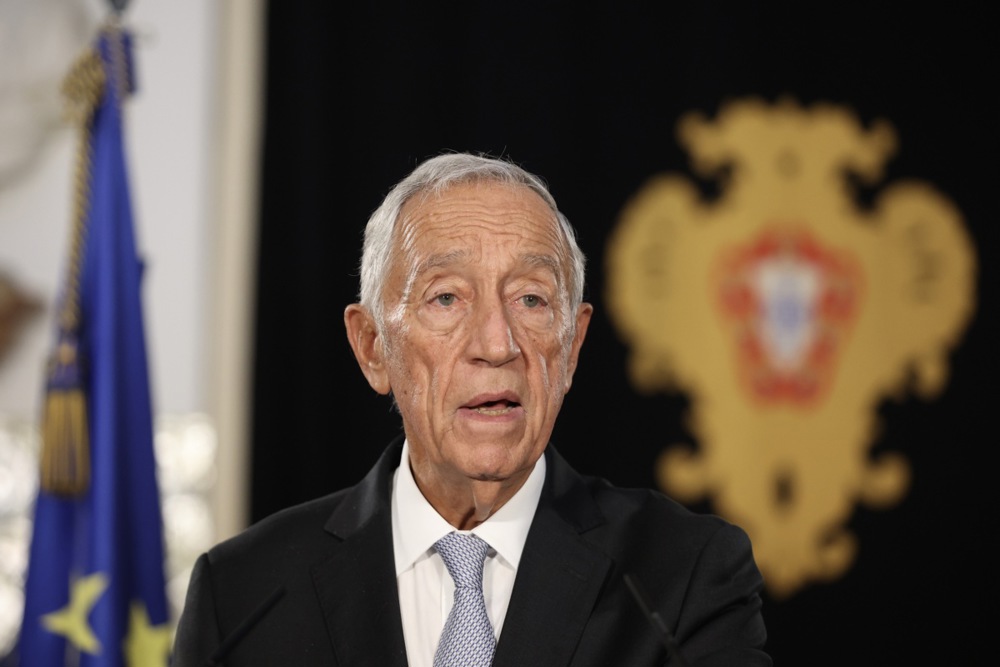Portugal’s former prime minister António Costa, whose government had to resign in November over suspected nepotism and corruption, is now in the crosshairs of the public prosecutor.
Portuguese news outlet Observador has reported that the Supreme Court of Justice is investigating Costa in “Operation Influencer”, an ongoing four-year probe by Portuguese prosecutors into alleged wrongdoing in the hydrogen and lithium industries.
It is suspected Costa was allegedly involved in granting operating rights and contracts for “green” hydrogen generation and lithium-mining projects.
Portugal has Europe’s largest supply of lithium – a critical raw material used in a range of technologies including electric vehicle batteries.
The Public Prosecutor’s Office has apparently charged Costa as a suspect in an alleged malfeasance crime regarding Portugals’ Council of Ministers’ October 19, 2023 ratification of a new law on “Urbanisation and Building”.
According to investigators with the Public Prosecutor, the charges are based on conversations between João Galamba, then minister for infrastructure, João Tiago Silveira, a key player in the creation of the new law and a lawyer at the Morais Leitão law firm, and Rui de Oliveira Neves, the legal and sustainability director with Start Campus, a company allegedly implicated in the case.
The men are reportedly said to have been discussing how the new law could help the company establish its data centre because it would exempt it from the need for an urban licensing procedure.
Silveira was allegedly heard on October 13 telling Neves that he was “with Costa for four hours watching this on Wednesday [October 11] and that the guy is completely enthusiastic about this”.
The “this” is, according to the Public Prosecutor’s Office, related to a “tailor-made law” that was allegedly classified by Neves as something “very naughty, but this is where we have to go”.
The Public Prosecutor’s Office alleges it was obvious “Costa” was the prime minister, and that he was aware of and approved the operation.
When the Prosecutor asked Portugal’s President Marcelo Rebelo de Sousa for paperwork regarding the establishment of the new law, that allegedly revealed evidence the change would benefit the Start Campus project as was approved by the Council of Ministers.
According to Portugese law, when a political office-holder violates the law by conducting actions or making decisions regarding a proceeding in which he or she intervenes within the extent of their duties, with the intent to harm or benefit someone, “malfeasance” is committed.
If convicted for such malfeasance, Costa risks between two to eight years in prison.
A spokesperson for the Prosecutors Office told Brussels Signal they could not add any new information on Operation Influencer to what was already provided in their official communication dating December 21.
Days after he resigned on November 8, amid the corruption investigation, police reportedly found €75,800 in cash in the office of Vítor Escária, his chief of staff.
The office was in Costa’s official residence and the cash was allegedly split between envelopes and hidden on different shelves between books and in wine crates.
When the scandal broke, Costa announced he would not seek a new mandate at the head of the country he had led since the end of 2015.
On Sunday, January 7, Pedro Nuno Santos was elected as the new head of the Portuguese socialist party. Earlier during the same congress, António Costa gave a combative farewell speech, saying, “I may have been knocked down, but not defeated. They may have overthrown the Government, but they have not overthrown the Socialist Party.”
He praised the “vitality” of the socialist party to react in a month after “a traumatic situation.”
As a result of the corruption scandal, snap elections will now be held on March 10.
The Portuguese people will then be able to choose an entirely new Parliament – if they so wish.





